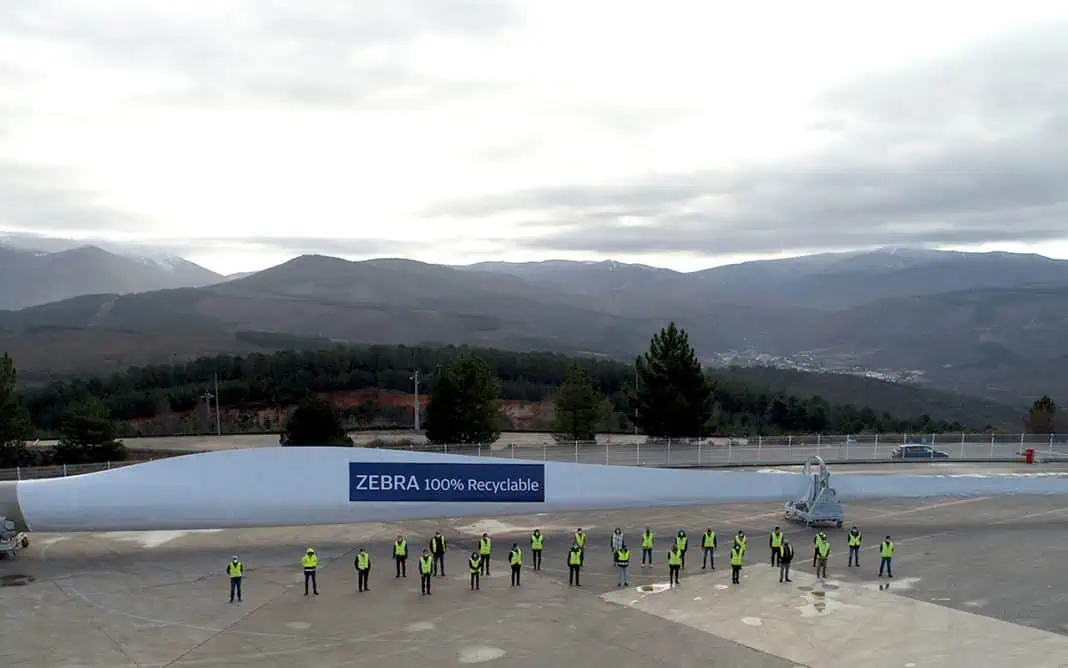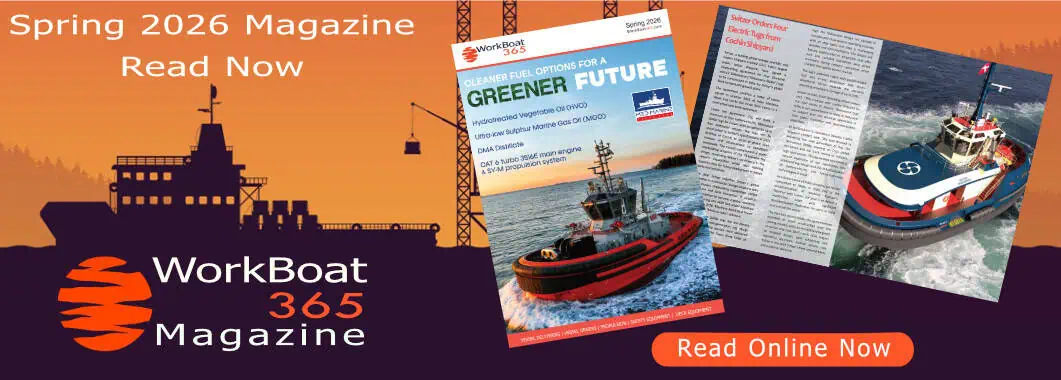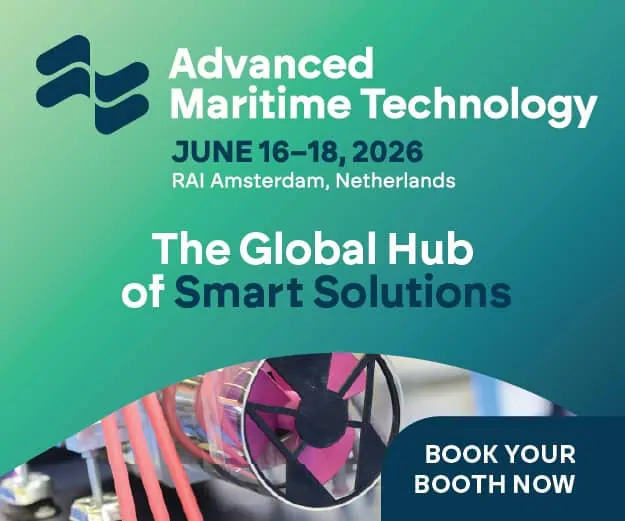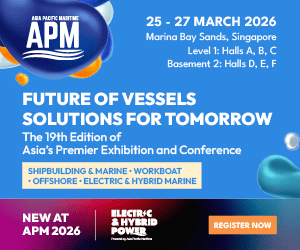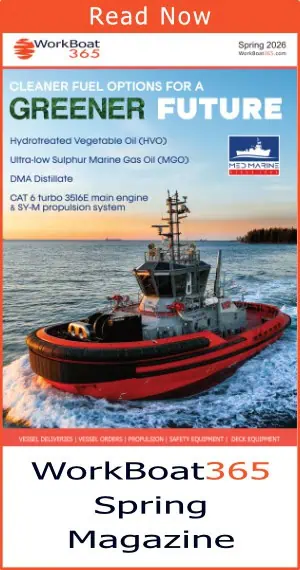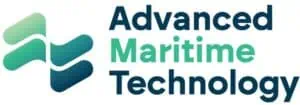The ZEBRA (Zero wastE Blade ReseArch) consortium is today marking a new step forward on the industry’s transition to a circular economy with the production of the first prototype of its 100% recyclable wind turbine blade. The 62m blade was made using Arkema’s Elium® resin, which is a thermoplastic resin well known for its recyclable properties together with the new high performance Glass Fabrics from Owens Corning.
Launched in September 2020, the ZEBRA (Zero wastE Blade ReseArch) project is a unique partnership led by French research center IRT Jules Verne and brings together industrial companies including Arkema, CANOE, Engie, LM Wind Power, Owens Corning and SUEZ. Its purpose is to demonstrate the technical, economic, and environmental relevance of thermoplastic wind turbine blades on a full scale, with an eco-design approach to facilitate recycling.
Within the project, LM Wind Power has designed and built the world’s largest thermoplastic blade at its Ponferrada plant in Spain. This milestone is achieved after a year of material development and testing backed by sub-component level process trials by the consortium partners.
The liquid thermoplastic resin is perfectly adapted for the manufacturing of large parts by resin infusion, combined with Owens Corning high performance fabrics. The resulting composite material is delivering similar performances to thermoset resins but with a key unique benefit: recyclability.
Elium® based composite components can be recycled using an advanced method called chemical recycling that enables to fully depolymerize the resin, separate the fiber from the resin and recover a new virgin resin & High Modulus Glass ready to be reused, closing the loop. This method, developed by Arkema and CANOE partners, are tested on all composite parts including waste generated from production. Owens Corning is also in charge of finding solutions for fiberglass recycling through remelting or reusing in various applications.
In addition to material testing and process trials, the companies have also made progress on developing and optimizing the manufacturing process by using automation, to reduce energy consumption and waste from production.
LM Wind Power will now start full-scale structural lifetime testing at its Test and Validation Centre in Denmark, to verify the performance of the composite material used in making the blade and its feasibility for future sustainable blade production. Once these tests are finished, the End Of Life recycling methods will also be validated.
The next steps are the recycling of production waste, the dismantling and recycling of this first blade and the analysis of the test results. By the end of the project in 2023, the consortium will have met the challenge of bringing the wind energy sector into the circular economy loop in a sustainable manner, according to the principles of eco-design.
“Work on the ZEBRA project is progressing according to schedule, which has all the necessary expertise for the deployment of sustainable thermoplastic wind turbine blades. The manufacture of this first blade is a great success for the entire consortium and for the wind industry in general,” Céline Largeau, Project Manager, IRT Jules Verne.
“With this project we are addressing two crucial industry challenges. On one hand, we are progressing on our Zero Waste Blades vision by preventing and recycling manufacturing waste. On the other, we are taking blade recyclability to a new level: the end-of-life thermoplastic composite blade material has high value in itself and can be readily utilized in other industries as material compounds but can also be depolymerized and the resin reused in the production of new blades,” states John Korsgaard, Senior Director, Engineering Excellence, LM Wind Power.
About IRT Jules Verne – www.irt-jules-verne.fr
IRT Jules Verne is a mutualized industrial research centre dedicated to manufacturing. Working closely with production equipment manufacturers and integrators, IRT Jules Verne caters to 4 strategic industrial sectors: aeronautics, shipbuilding, the automotive industry, and renewable marine energy. The IRT team works hand in hand with the very best industrial and academic resources in the manufacturing field. Its vocation is to improve the competitiveness of strategic industrial sectors in France by creating disruptive technologies for manufacturing processes. Its mission is to speed up innovation and technology transfer to factories. In its bid to provide comprehensive solutions up to scale-1 demonstrators, IRT Jules Verne installs and utilises a wide range of exclusive state-of-the-art equipment.
About Arkema
Building on its unique set of expertise in materials science, Arkema offers a portfolio of first-class technologies to address ever-growing demand for new and sustainable materials. With the ambition to become in 2024 a pure player in Specialty Materials, the Group is structured into 3 complementary, resilient and highly innovative segments dedicated to Specialty Materials -Adhesive solutions, Advanced Materials, and Coating Solutions- accounting for some 85,5% of Group sales in 2021, and a well-positioned and competitive Intermediates segment. Arkema offers cutting-edge technological solutions to meet the challenges of, among other things, new energies, access to water, recycling, urbanization and mobility, and fosters a permanent dialogue with all its stakeholders. The Group reported sales of around €9,5 billion in 2021, and operates in some 55 countries with 20,200 employees worldwide.
About CANOE
CANOE is a French R&T provider, specialized in polymer formulation, fiber-reinforced composite manufacturing and recycling process development, recycled fiber reprocessing, sensor integration for SHM, materials characterization and non-destructive testing. CANOE provides R&D services to companies over the whole manufacturing chain value of a composite part from design and prototyping up to pre-series and industrialization assistance.
Follow us at http://www.plateforme-canoe.com/
About Engie
Our group is a global reference in low-carbon energy and services. Together with our 170,000 employees, our customers, partners and stakeholders, we are committed to accelerate the transition towards a carbon-neutral world, through reduced energy consumption and more environmentally-friendly solutions. Inspired by our purpose (“raison d’être”), we reconcile economic performance with a positive impact on people and the planet, building on our key businesses (gas, renewable energy, services) to offer competitive solutions to our customers.
Turnover in 2021: 57.9 billion Euros. The Group is listed on the Paris and Brussels stock exchanges (ENGI) and is represented in the main financial indices (CAC 40, Euronext 100, FTSE Eurotop 100, MSCI Europe) and non-financial indices (DJSI World, DJSI Europe, Euronext Vigeo Eiris – Eurozone 120/ Europe 120/ France 20, MSCI EMU ESG, MSCI Europe ESG, Euro Stoxx 50 ESG, Stoxx Europe 600 ESG, and Stoxx Global 1800 ESG).
About LM Wind Power
LM Wind Power, a GE Renewable Energy Business, is a world leading designer and manufacturer of rotor blades for wind turbines, with a global manufacturing footprint that includes blade factories in Brazil, Canada, China, India, Poland, Spain, France, Turkey and the United States. The company has produced more than 241,000 blades since 1978, corresponding to more than 121 GW installed capacity and global savings of 251 million metric tons of CO2 annually. In 2018, LM Wind Power became the first carbon neutral business in the wind industry.
Follow us at www.lmwindpower.com or on twitter @lmwindpower
About Owens Corning
Owens Corning is a global building and construction materials leader committed to building a sustainable future through material innovation. Our three integrated businesses – Composites, Insulation, and Roofing – provide durable, sustainable, energy-efficient solutions that leverage our unique material science, manufacturing, and market knowledge to help our customers win and grow. We are global in scope, human in scale with approximately 20,000 employees in 33 countries dedicated to generating value for our customers and shareholders, and making a difference in the communities where we work and live. Founded in 1938 and based in Toledo, Ohio, USA, Owens Corning posted 2021 sales of $8.5 billion. For more information, visit www.owenscorning.com.
About Suez
SUEZ is a major player in environmental services. For almost 160 years, SUEZ has supported local communities and industrial companies in the management of essential services such as water, waste, and air quality. As such, SUEZ produces drinking water for 66 million people worldwide, recovers 2 million tons of secondary raw materials per year, and generates 3.1 TWh of renewable energy from waste. In our ongoing management of the ecological transition and climate change challenges, SUEZ relies on the expertise and commitment of its 35,000 employees (particularly in France, Italy, Central Europe, Africa, Asia, and Australia) to offer high value-added and customized environmental solutions to all its customers. SUEZ’s expertise allows, for instance, its customers to avoid the emission of 4.2 million tons of CO2, thus improving their carbon footprint and their impact on climate. With a turnover of nearly 7 billion euros and backed by its expertise and capacity to innovate, SUEZ has strong growth prospects. SUEZ relies on a solid consortium of investors made up of Meridiam and GIP – with 40% stakes each – and the Caisse des Dépôts et Consignations Group with a 20% stake in the capital, including 8% held by CNP Assurances, to pursue its strategic development plans in France and internationally.




